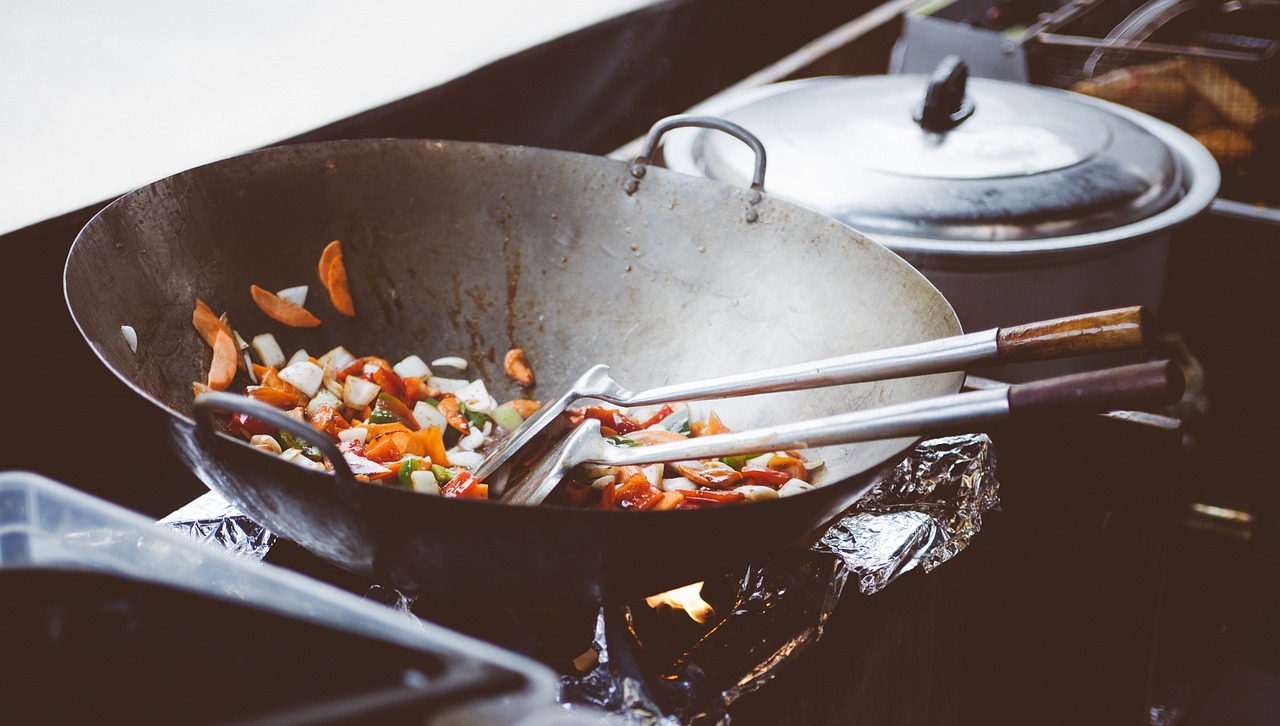Nigerian cuisine is a vibrant reflection of the country’s diverse culture, history, and geography. Each region brings its own flavors and techniques, creating a tapestry of dishes that are both bold and comforting. From the spicy heat of pepper to the rich depth of palm oil, Nigerian food is a true celebration of tradition and community.
At the heart of Nigerian cuisine are staple ingredients like yams, plantains, rice, beans, and cassava, complemented by an array of aromatic spices and herbs. The use of locally sourced ingredients connects generations through the preservation of ancestral recipes, making every meal a story of heritage and togetherness. This guide takes you on a journey through the most beloved traditional Nigerian dishes, highlighting their cultural significance, preparation methods, and the unique flavors they offer.
1. Staples of Nigerian Cuisine: Foundation of Every Meal
- Yam and Cassava: Yam, a starchy tuber, is central to many Nigerian meals. It is eaten boiled, fried, or pounded into a smooth dough known as “pounded yam,” often served with rich soups. Cassava, another staple, is used to make garri, fufu, and eba—a doughy accompaniment for soups.
- Rice Dishes: Jollof rice, a West African favorite, is one of Nigeria’s most iconic dishes. Cooked in a spiced tomato sauce, it’s often paired with fried plantains or grilled meat. White rice with ofada sauce, a local peppery sauce, is also popular.
- Beans: Beans, especially black-eyed peas, are used to make dishes like moi moi (steamed bean pudding) and akara (bean fritters). These dishes are high in protein and offer a hearty meal, often enjoyed as breakfast or snacks.
2. Traditional Nigerian Soups: The Soul of Nigerian Cooking
Nigerian soups are thick, hearty, and often cooked with assorted meats, fish, and vegetables. They are rich in flavor, thanks to the use of fermented seasonings, spices, and aromatic herbs. Some of the most popular soups include:
- Egusi Soup: Made from ground melon seeds, this soup is thickened and often enriched with spinach, bitter leaf, or pumpkin leaves. It’s paired with a starch like pounded yam or eba, making it a filling and nutritious meal.
- Ogbono Soup: This slippery-textured soup is made from ground wild mango seeds, which give it a unique, slightly sticky consistency. Ogbono soup is often cooked with meat, fish, and leafy greens, and is also served with a starch like fufu or pounded yam.
- Afang Soup: A specialty of the Efik and Ibibio people, Afang soup is a leafy vegetable soup made with Afang leaves and waterleaf. It is commonly cooked with palm oil, assorted meats, and dried fish, offering a rich, savory flavor.
- Bitterleaf Soup (Ofe Onugbu): Native to the Igbo people, this soup combines the bitterness of freshly squeezed bitter leaves with savory broth made from stockfish, meats, and thickened with cocoyam paste. It’s a robust and earthy dish that pairs well with pounded yam.
3. Nigerian Street Food: Snacks and Small Bites
Nigerian street food is a treasure trove of flavors that provides quick, tasty, and affordable meals. These snacks are often made from locally available ingredients and are perfect for people on the go.
- Suya: One of Nigeria’s most beloved street foods, suya is spicy, skewered meat, typically beef or chicken, marinated in a peanut-spice blend and grilled to perfection. Suya is often served with sliced onions, tomatoes, and a dash of yaji (a spicy pepper blend).
- Puff Puff: A popular fried dough snack, puff puff is a sweet, airy treat enjoyed by people of all ages. These deep-fried balls of dough are slightly sweetened and can be eaten as a snack or dessert.
- Akara: These deep-fried bean cakes are a breakfast favorite. Made from pureed black-eyed peas, onions, and spices, akara is crispy on the outside and soft on the inside, typically served with bread or pap (fermented corn pudding).
- Boli: Grilled plantain, known as boli, is another popular street food, often paired with groundnut (peanuts) or spicy pepper sauce.
4. Traditional Beverages: Sips of Nigerian Culture
- Zobo: Zobo, made from dried hibiscus flowers, is a refreshing drink that’s tangy, slightly sweet, and often spiced with ginger, cloves, or pineapple. It’s enjoyed cold and is a popular beverage at gatherings and celebrations.
- Palm Wine: Palm wine is a naturally fermented beverage made from the sap of palm trees. This slightly sweet, mildly alcoholic drink is cherished across Nigeria and is often served at weddings, festivals, and special occasions.
- Kunu: A traditional drink made from grains like millet or sorghum, kunu is flavored with spices such as ginger and cloves. It has a slightly sour taste and is a popular drink, especially in northern Nigeria.
Conclusion: Preserving the Legacy of Nigerian Cuisine
Nigerian cuisine is a rich tapestry of flavors that tell the story of its people. Each dish represents a connection to the land, to heritage, and to family traditions passed down through generations. The communal nature of Nigerian meals, often enjoyed with loved ones, reflects the country’s deep sense of unity and shared identity. As more people around the world discover the bold flavors and vibrant dishes of Nigeria, the importance of preserving these traditional recipes becomes even more vital. By continuing to celebrate and share these culinary traditions, Nigerians ensure that the taste of home remains alive, even in a rapidly changing world. Whether you’re tasting suya for the first time or savoring a bowl of egusi soup, each bite is an invitation to experience the rich and diverse culture of Nigeria.




1 Comment
Miki Williams
Thanks for the amazing service at our corporate event! everything was great